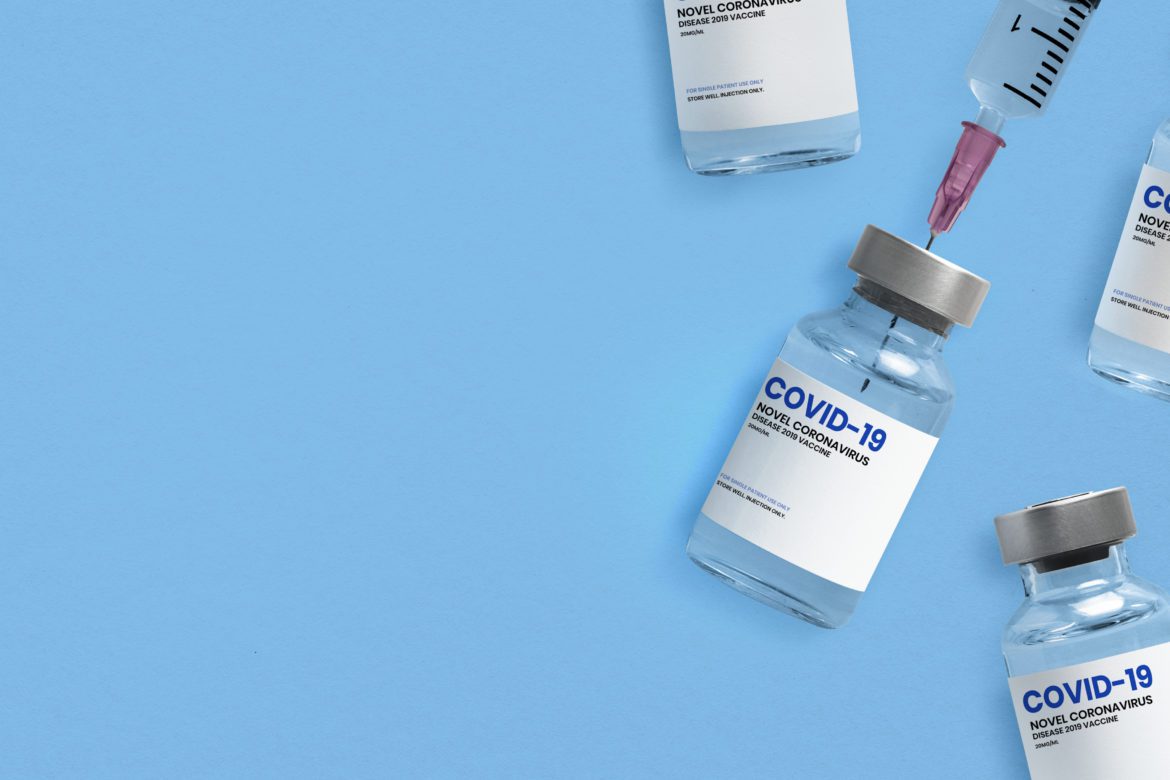Written by Sophie Rossitto | Photo: Background photo created by rawpixel.com – www.freepik.com
The U.S. Food and Drug Administration (FDA) on Oct. 29 authorized emergency use of the Pfizer-BioNTech COVID-19 vaccine for children ages 5-11.
Children can receive the vaccine in a series of two doses given three weeks apart, a press release from the FDA said. The dosage of this vaccine is 10 micrograms, which is lower than the 30 microgram-dose of the vaccine for people ages 12 and older.
Dr. Julie Hixson-Wallace of Harding’s College of Pharmacy said she was pleased the COVID-19 vaccine had become available to a wider range of people. Hixson-Wallace has helped to organize vaccine clinics on campus, and she said her team is open to offering the pediatric vaccine at Harding in the future.
“We stand ready to provide the vaccine to children ages 5-11 when and if supply of the pediatric Pfizer-BioNTech vaccine becomes available to us at Harding,” Hixson-Wallace wrote in an emailed statement. “We don’t have any idea when that time may come, but our clinic leaders are readying plans to address serving a younger clientele.”
Adjunct Bible professor Rachel Howell took her 11-year-old daughter to get vaccinated last week. Howell said although the experience of living through the COVID-19 pandemic has felt long, she was glad the pediatric vaccine became available so quickly, fewer than two years after the first lockdown.
“I’m just super grateful that all of us, all the way down even to the children, can start to get vaccinated,” Howell said.
Pryor residence life coordinator Mary Margaret Fish has two children, and the oldest one is eligible for the pediatric COVID-19 vaccine. Fish said she was relieved and excited to learn that her child had the option of getting vaccinated against the coronavirus.
However, Fish said she was in the process of considering whether to take her child to get vaccinated. Fish said she would weigh several factors, such as the number of COVID-19 cases in the community and the severity of those cases in young children before making her decision.
“It’s definitely still a question that I’m asking and a question that I’m researching,” Fish said. “It was a lot easier to make the choice for myself than it is for another person.”
The FDA press release said the organization authorized the pediatric COVID-19 vaccine after considering data from a controlled study, as well as input from members of an independent advisory committee who voted to make the vaccine available for children between 5 and 11 years old.
The press release said that in an ongoing study of about 3,100 children in this age range, no participants had experienced serious side effects.
